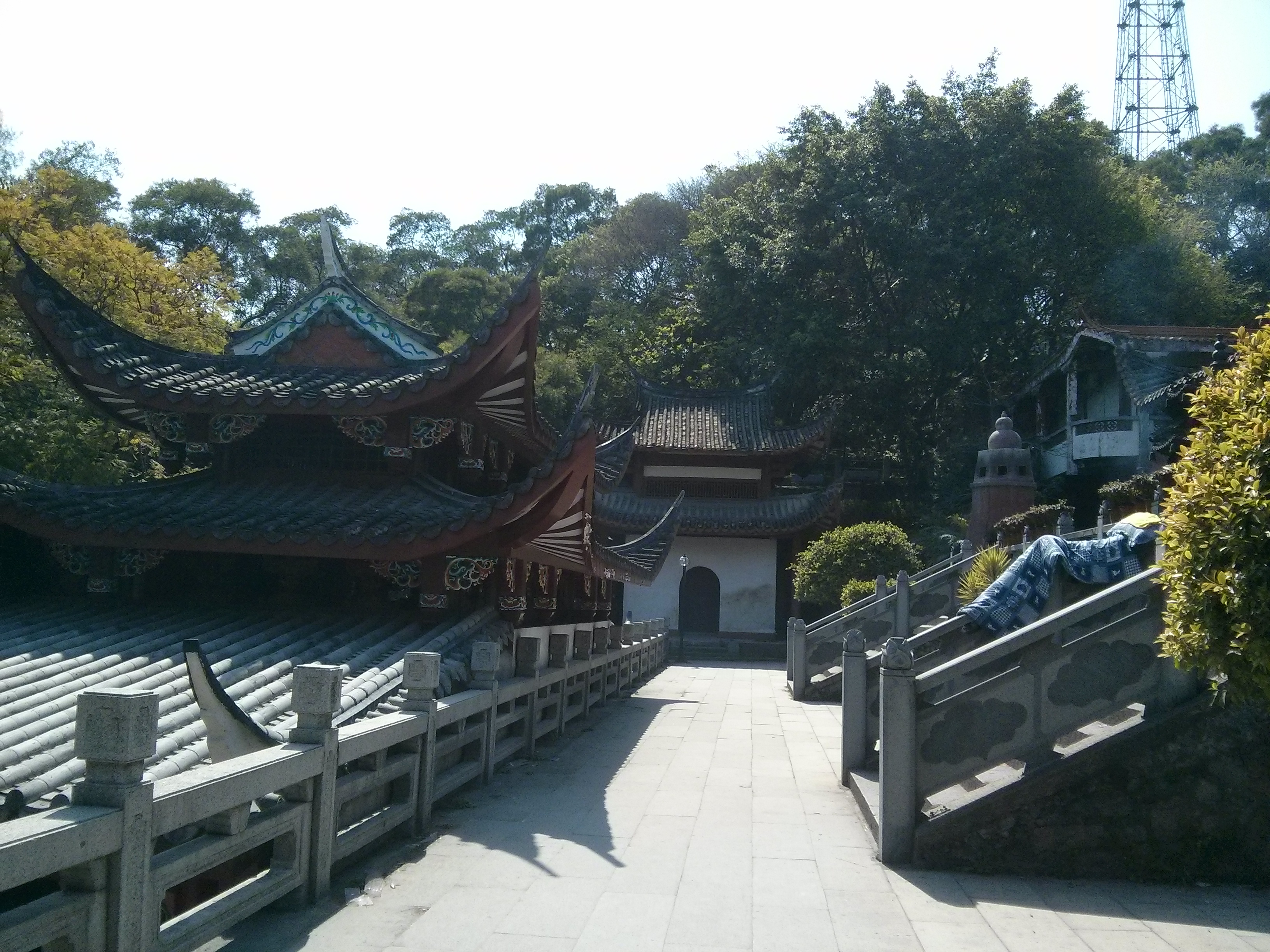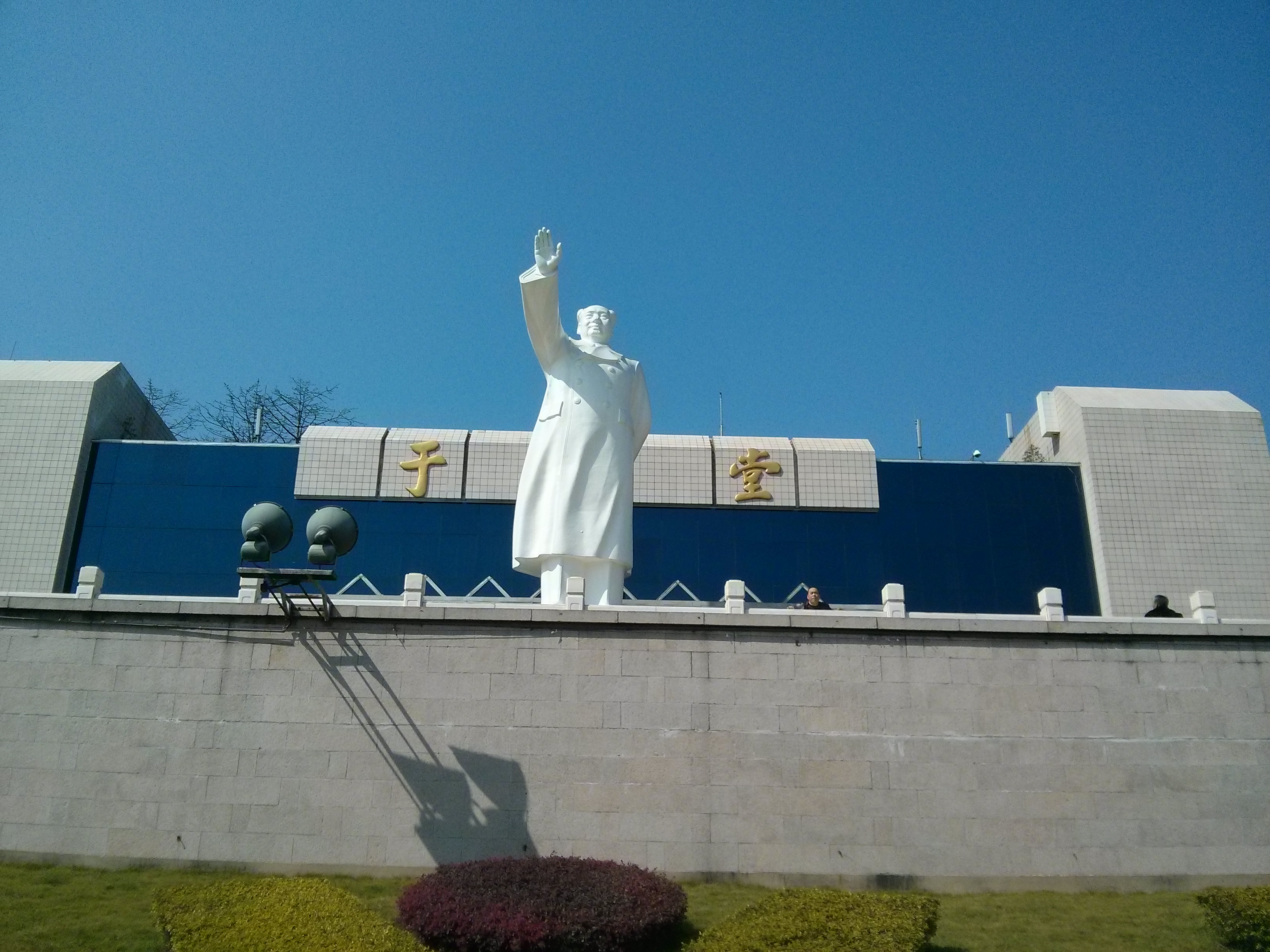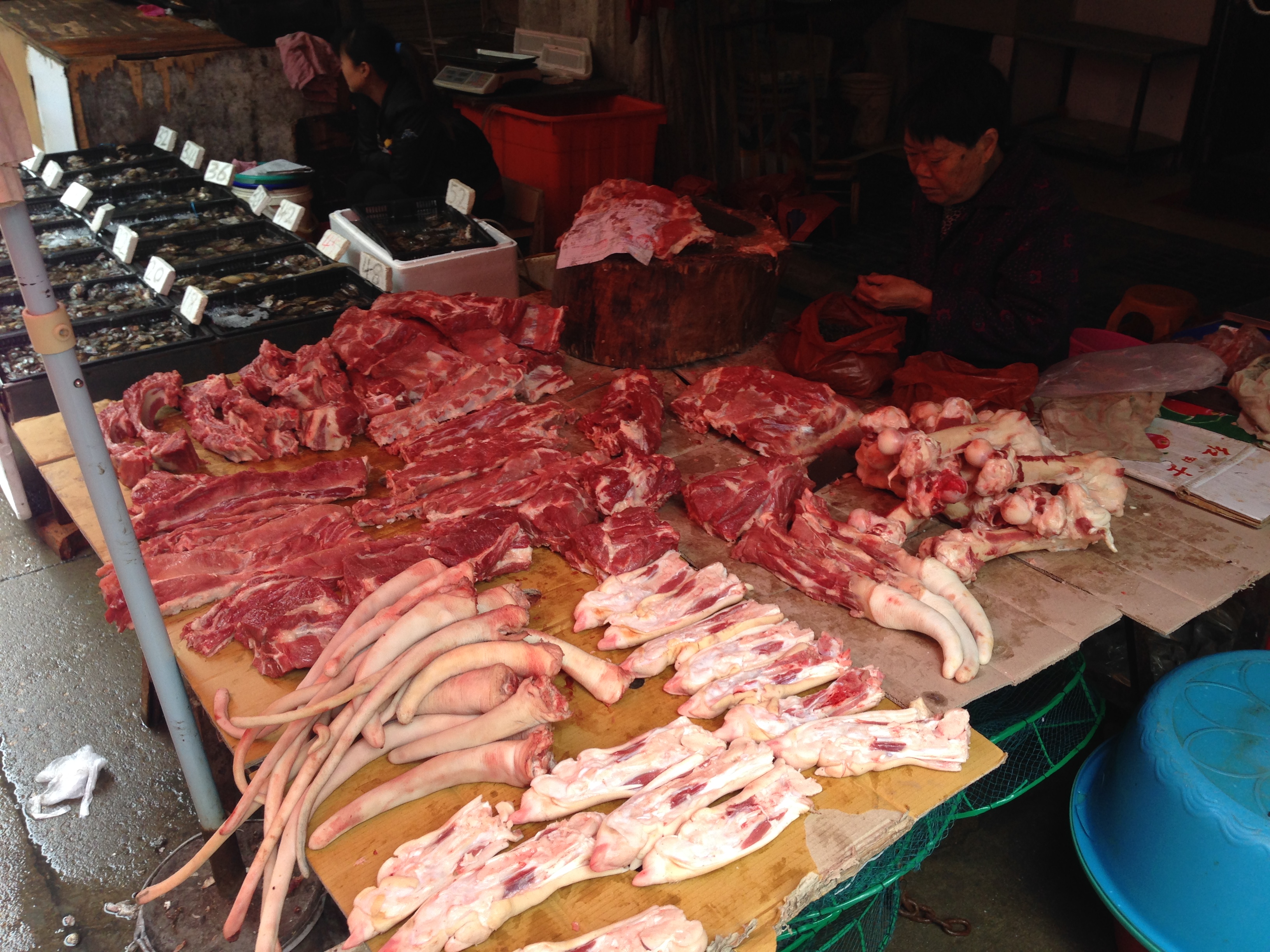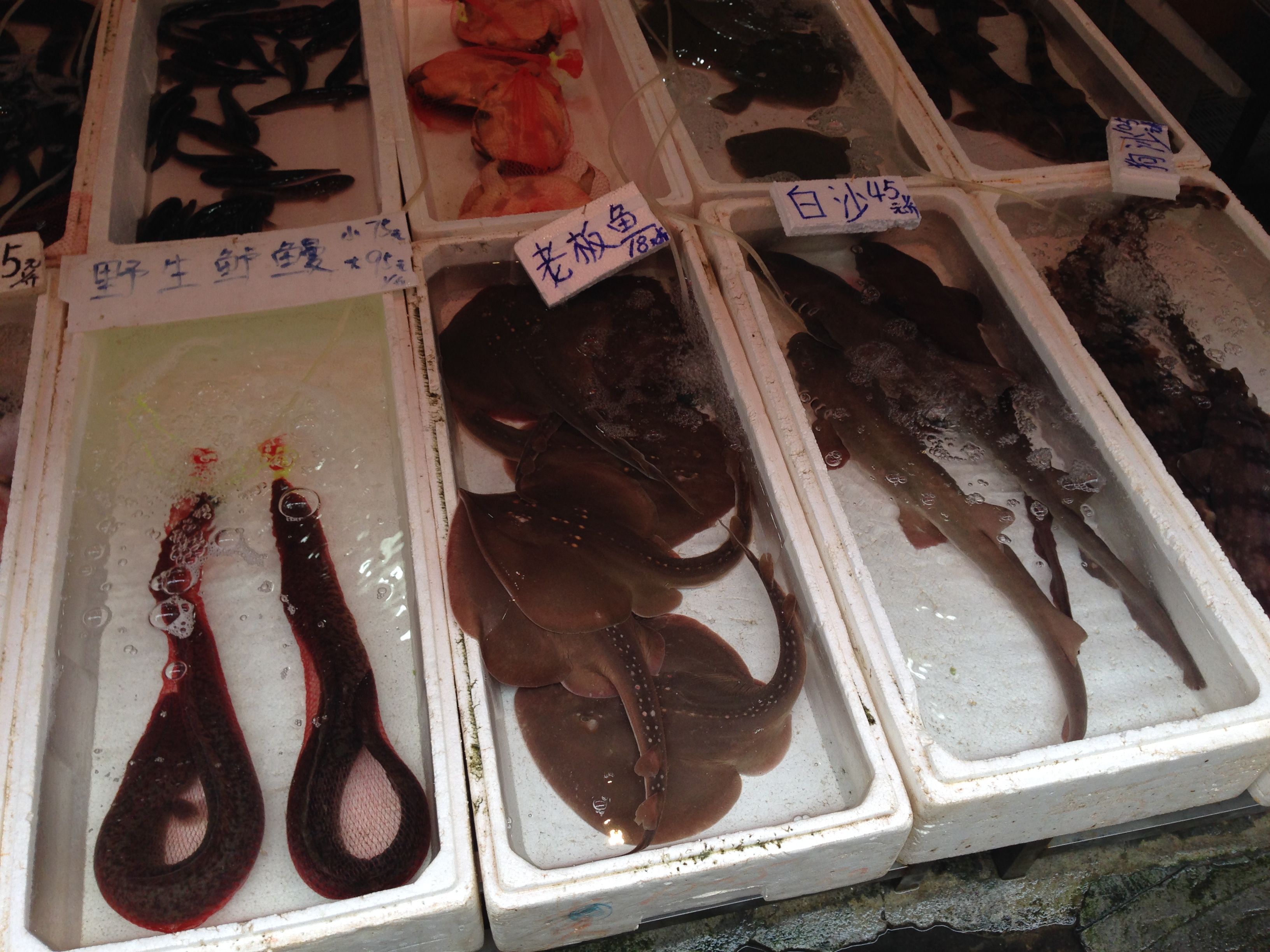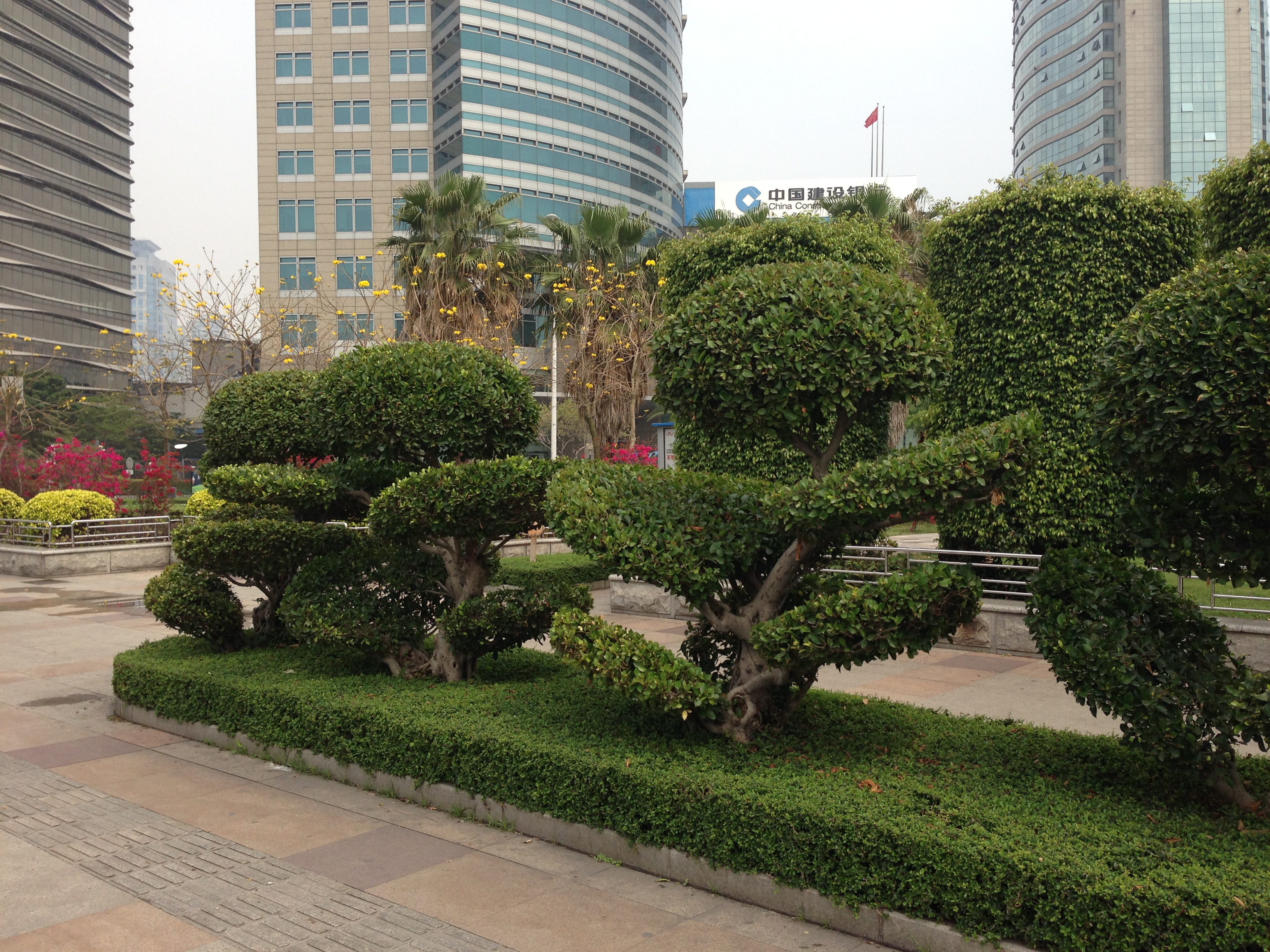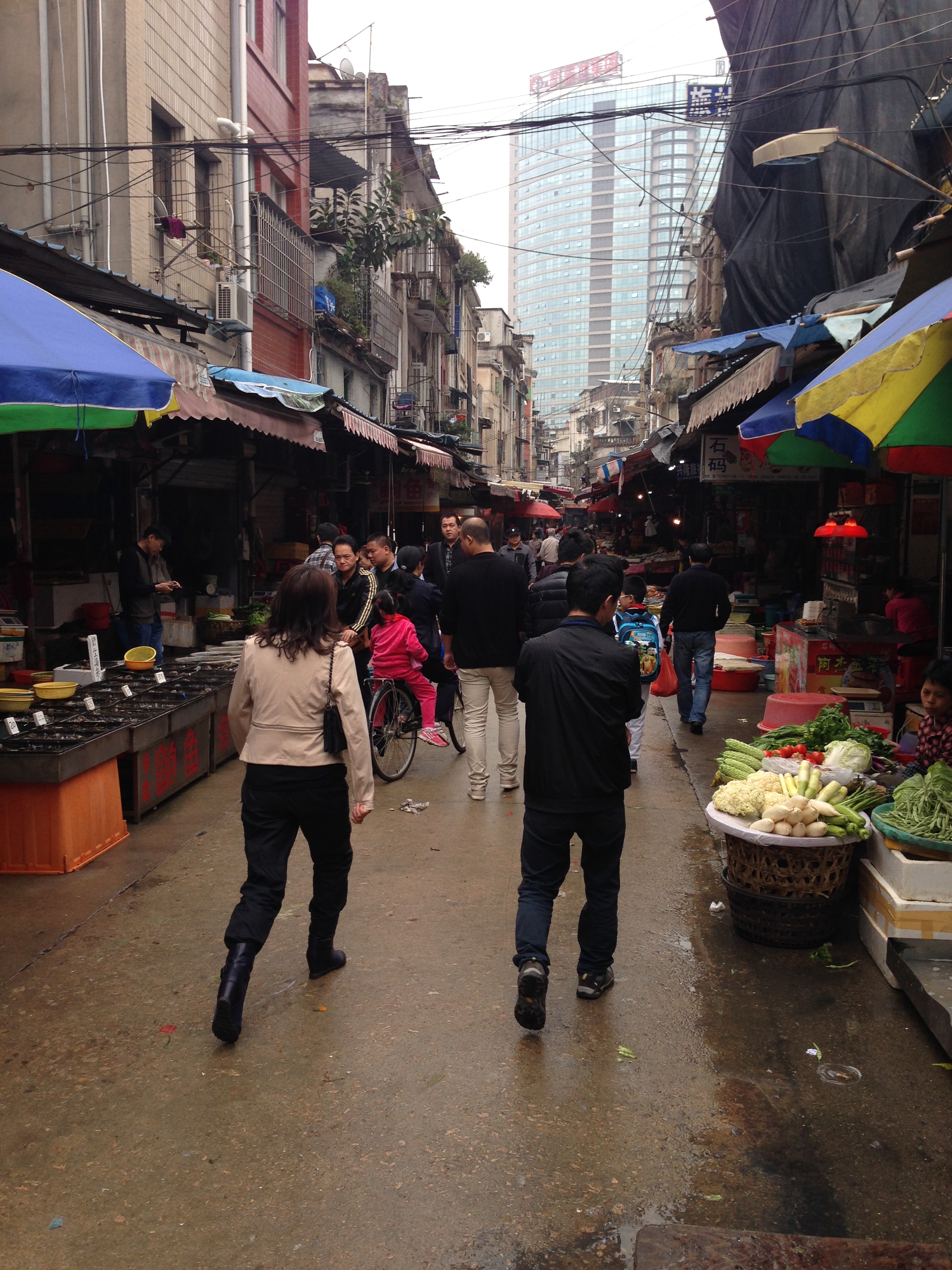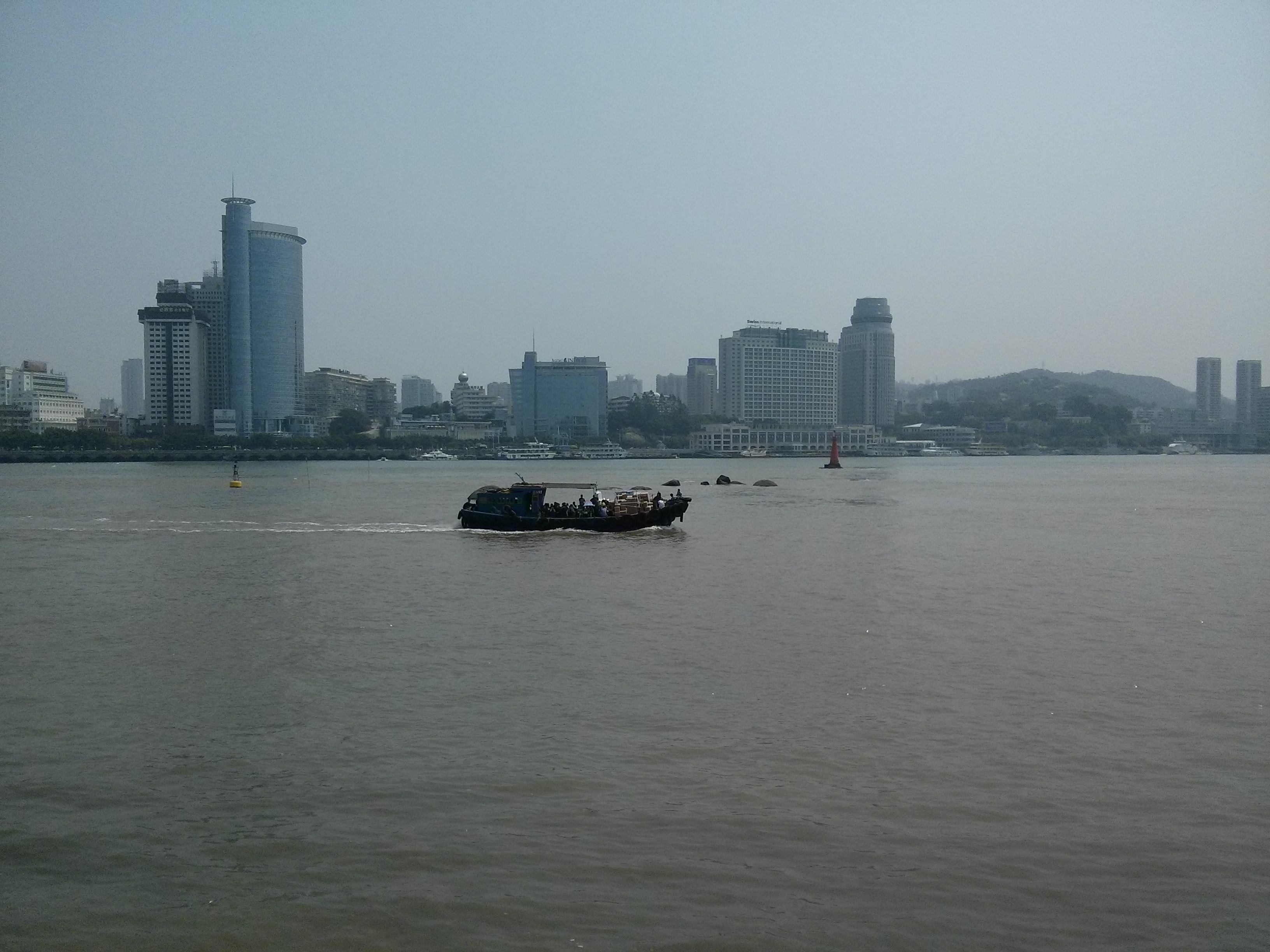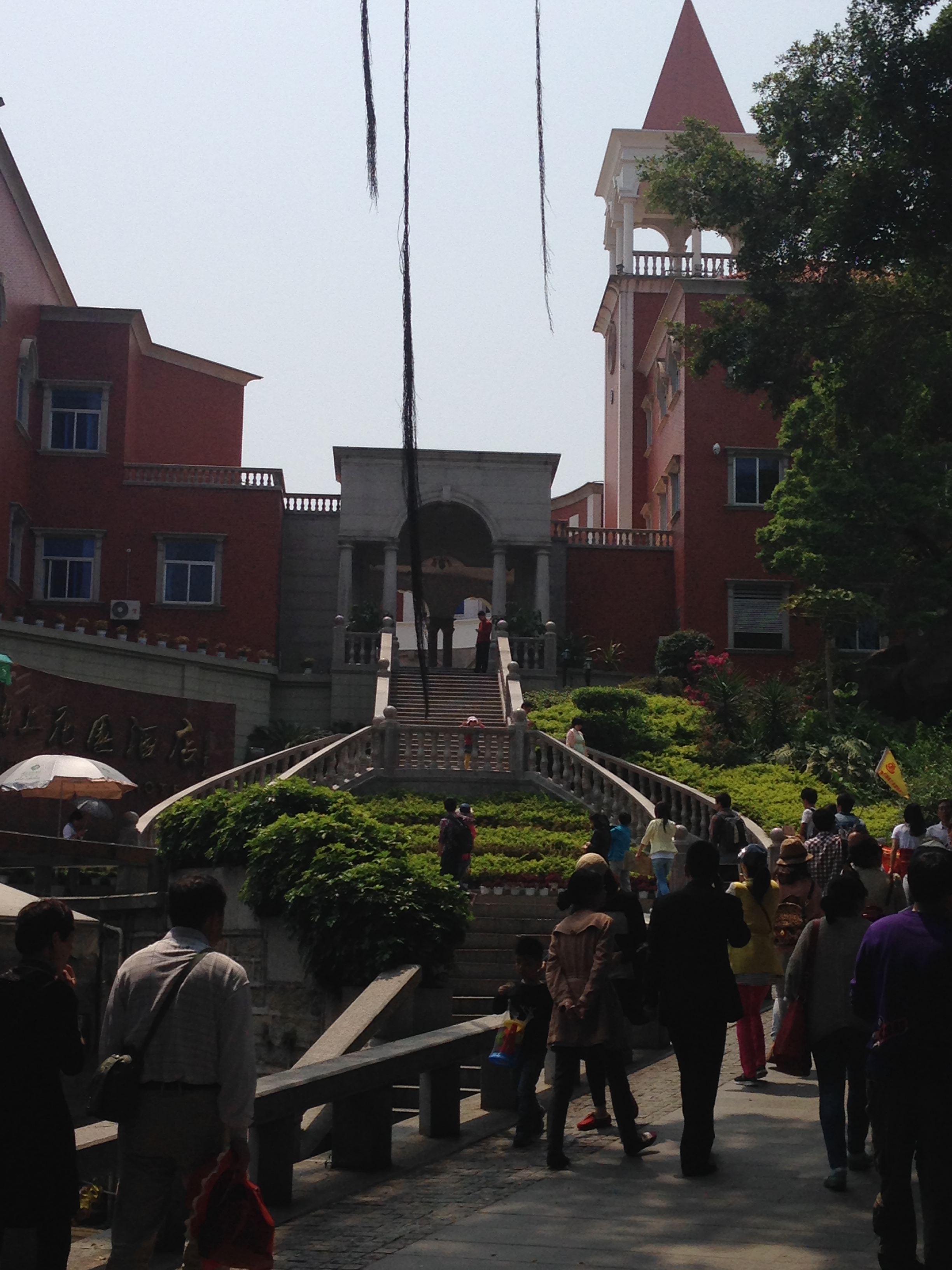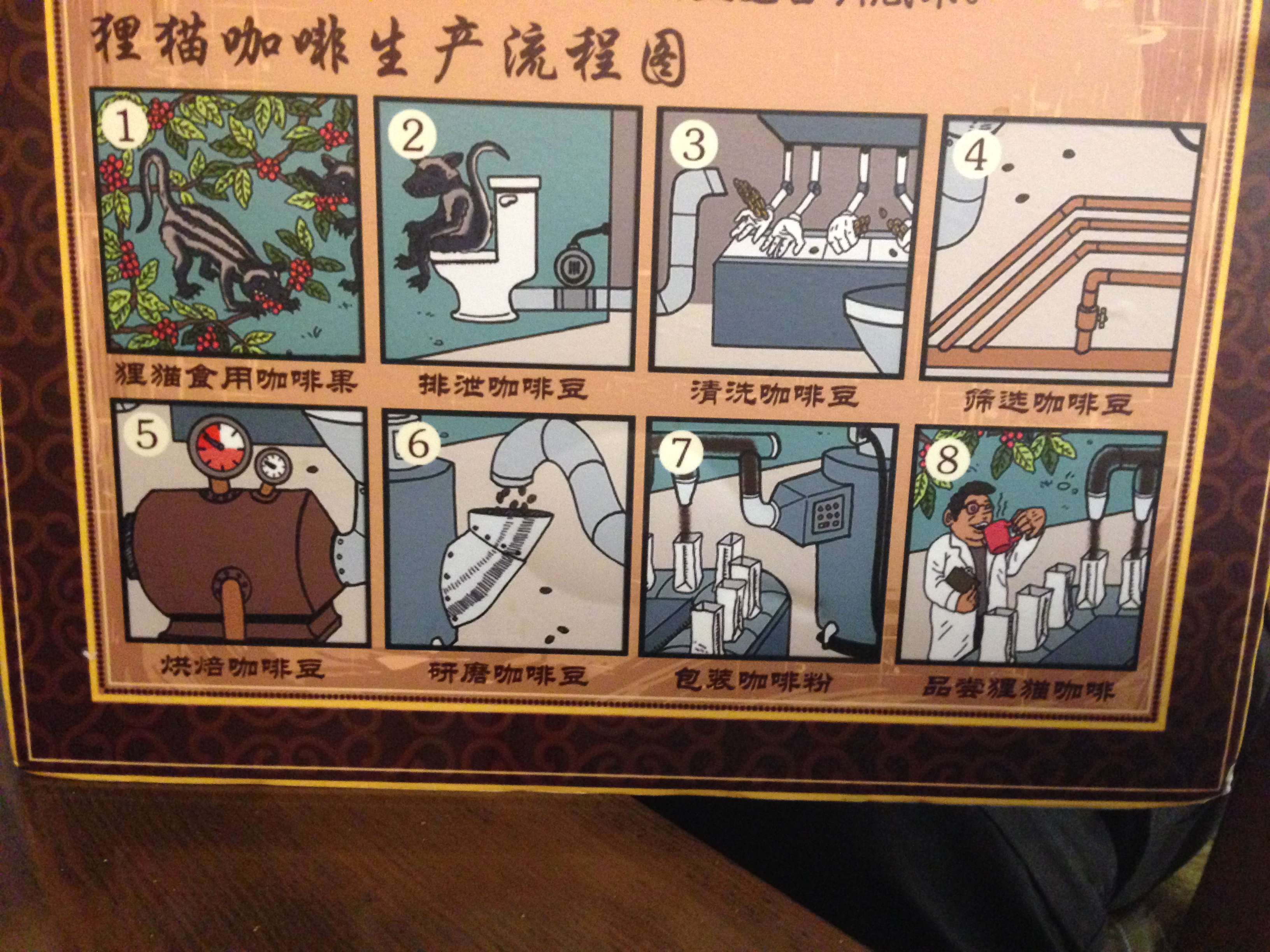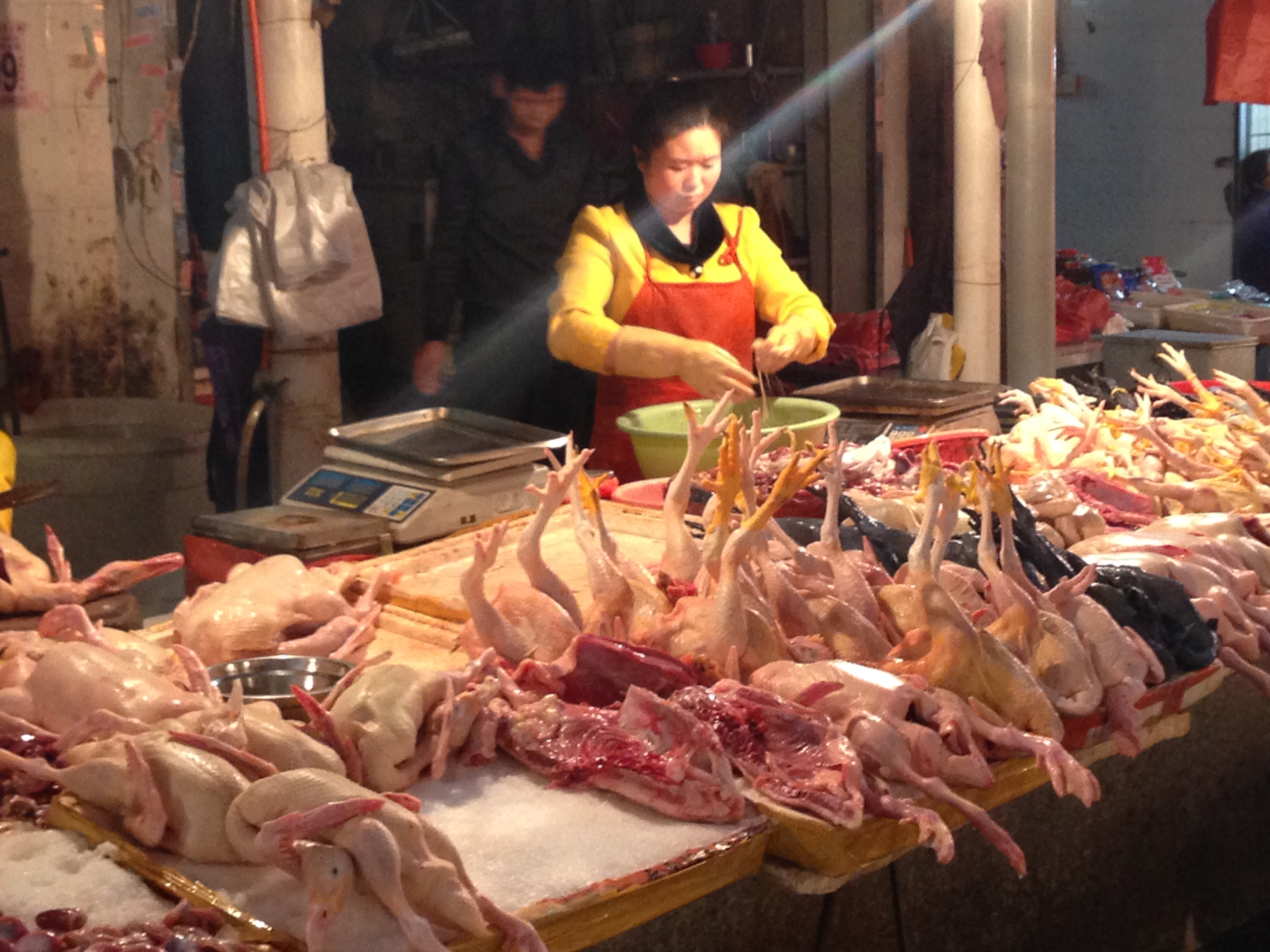We got ourselves off the tourist track to try and experience what China proper was like to do this we hit Fuzhou. We thought that getting away from the public view places may reveal another side to our adventure and show that the public façade was different to the reality outside of the main cities. In fact it is just like everywhere else in China but with less English and less to see. The infrastructure that has been built in the big towns is the same as that which exists in the smaller (1.2 million) places. The rural communities obviously are quite different but China’s growth and development has spread far and wide and is not contained to the industrial or tourist hubs.
The main roads are 3-5 lanes wide, the smaller side roads are 1-3 lanes wide and they are all beautifully asphalted, curbed and guttered. The footpaths are unthinkably wide (but need to be shared with many more electric bicycles and motorcycles than in the bigger towns). There is the same fascination with brand names that exists everywhere in China and it is quite funny to see a small street vendor selling 5 dumplings for a buck wearing Dolce and Gabbana jackets. Obviously there is a healthy knock off market here as the prices for the legit stuff here is the same as it is back home.
Xiamen and Fuzhou are much like all other Chinese cities. However we stayed in old town within Xiamen which offers a taste of what life used to be like many years ago. There are no big roads once you step inside. There is a labyrinth of alleys, houses, markets, etc. The owners of the hostel were commenting that there is a push for old town to be demolished. The Chinese have a fixation on everything new and the cultural preference is to destroy the old and replace it with the new wide crisp clean roads that exist almost everywhere throughout China.
Having spent a couple of days in old town there is a certain manic charm to the way things used to be. To get to our hostel we got off the (2 lane) bus only freeway and stepped onto the (4 lane in each direction) road directly underneath the freeway and headed up a tiny set of stairs into old town. The stairs were choked with people cleaning fish, cooking food, selling wares and just generally trying to traverse the narrow alleys.
Fifty metres further down the main road we came across the main wet market entrance which began the chaos that was to follow. The first section was the seafood which had tubs of live seafood of every variety laying all over the road as vendors squatted by their boxes trying to sell the items. I have decided that I like the concept of having turtles as pets…so seeing them as meat was a tad disconcerting.
The funniest bit was watching the live prawns leaping out of their boxes onto the ground and the women chasing them around with chopsticks to put them back in the water. There were eels the thickness of a mans arm, sharks, stingrays, shellfish, molluscs, crabs….you name it. Further on was the fruit, then the mystery meat puzzle, and the caged live animals like ducks,chickens, quails, rabbits etc. then the random items that every market tends to have.
Jill had an assignment to do as part of her masters so we needed to stay put for about a week to allow her to get it done. Xiamen was the chosen destination as there is heaps of food options for me and she can settle in to a comfortable place to do her readings and the assignment.
We did head over to Gulangyu Island for a day and cruised around eating street food and seeing the tourist sites but this is about the only touristy thing in Xiamen. I found the Taiwan food street (a pedestrian road choked with food stalls selling just about anything) and discovered the peppered steak sizzler. Steak, egg, pasta all smothered in a spicy pepper sauce served on a sizzling platter. All good.
The highlight of the island was having the special Kopi Luwak which is the coffee beans that have been ingested and excreted by the Asian Palm Civet. This is then processed into the finished coffee product which is, quite frankly, ordinary. The greatest bit about all of this was the local menu descriptor as photographed above.
This is the longest that we had spent in any one town since Beijing. Alas there was not enough going on here to keep me occupied for such a length of time and reading and editing Jill’s assignment on clinical governance was not as thrilling as it sounds.
That said we have now officially been gone from Australia for six full months now and on reflection we have had some amazing experiences both good and bad along the way. The funds look like they will last through until at least the end of this year, however consideration is being given to what next?
;

